The startup ecosystem is gaining weight all over the globe, as more and more countries and cities invest in the technology sector to expand their economy. Cities are competing to present the best ecosystem, leading us to a fast pacing world of innovation towards the future.
According to a study made by 2thinknow for the World Economic Forum, these are the 25 most high-tech cities in the world:
- Washington, USA
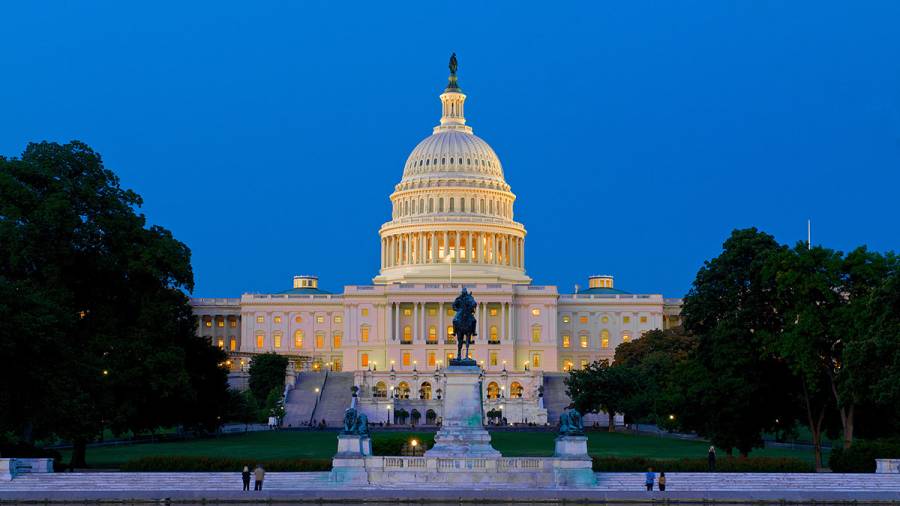
Although when we think about startups and technology, the first thing that runs into our minds is Silicon Valley, the United States of America has a lot more to show. Washington DC started nurturing its startup scene decades ago. When the city saw an influx of venture capital firms who were seeking to invest in DC, it became one of the top ten largest venture capital marketplaces in the US.
Since then, every year more venture capital firms choose to invest in the US capital. These venture capital investments in Washington have passed the $50 billion mark annually. Not only venture capital is growing, but also startup incubators. Successful startups such as 1776, eduCanon, Canvas and Hive2.0 are based in this city.
The US capital has been growing over the last decade and it’s tech-related jobs has increased by 50%. The correlation between the federal government and the deep pockets of nearby venture-capital, made more than 1.000 startups to call Washington their home and an appealing city to invest in.
- Barcelona, Spain
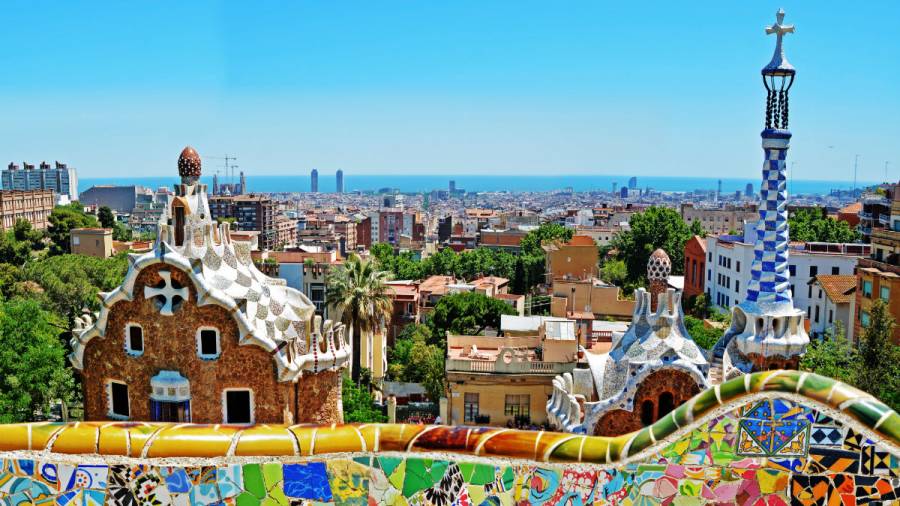
Barcelona is one of the most dynamic startup ecosystems in Europe, particularly in the technology sectors: Internet, Mobile Software & Services, E-commerce and Big Data.
Barcelona is the 5th European region in terms of startups according to several renowned international ranking such as EU-Startups and Startup Heatmap Europe. Barcelona is placed behind London, Paris, Berlin and Amsterdam, having over 1.200 startups that created more than 11.700 jobs. Local infrastructures, public and private support programmes and services for entrepreneurship helped the city grow in the technology field. International trade fairs such as Mobile World congress, 4YFN, Smart City Expo, IOT and Barcelona Games World occur in BCN.
It’s the first time the Spanish city enters the top 25. Its growing population of industrial designers and consequent smartphone use, has made Barcelona one of the most high-tech cities in the world.
Smartphone infrastructure is so sophisticated that electrical boxes spread around Barcelona contain computers that capture noise levels, traffic patterns, and how many selfies people take.
- Copenhagen, Denmark
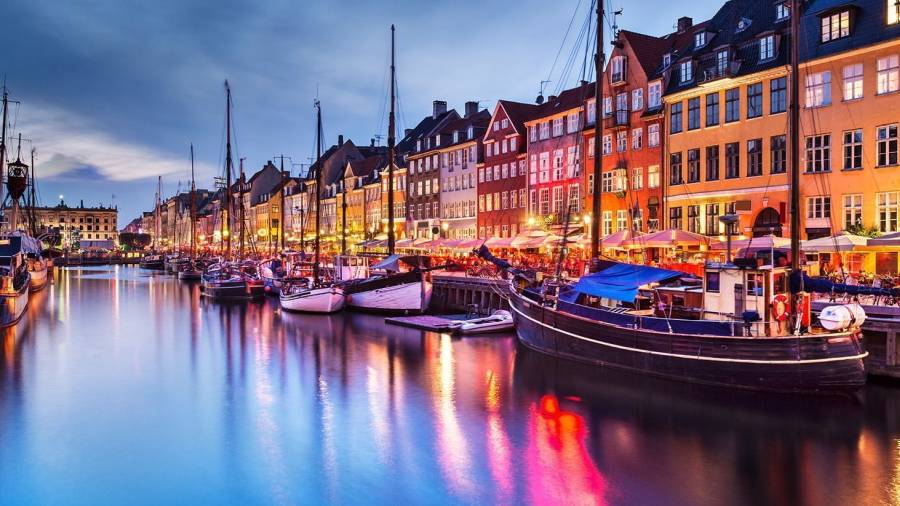
Copenhagen has one of the most digitized and innovative tech ecosystem in the world. In 2015, The Nordic Web tracked 65 investments worth $273.5 million in Danish startups. Between 2005 and 2015, the country generated half of a billion-dollar exits in Europe. The city that hosts Spotify, Klarna and King had recently the highest share of unicorns per capita after Silicon Valley.
The region continues to be a hotbed for the next generation of startups in areas such as music, fintech and streaming. According to a study, for every Nordic company that reaches $10 million raised, another three companies will be born.
Copenhagen’s innovative urban planning and strong contingent of industrial designers makes us forget the city’s lack of startup culture.
According to the study, by the end of 2025, the city plans to sever its dependence on fossil fuel, due in large part to harness wind energy. In that way, Copenhagen will become an eco-friendly city.
- Hong Kong, China
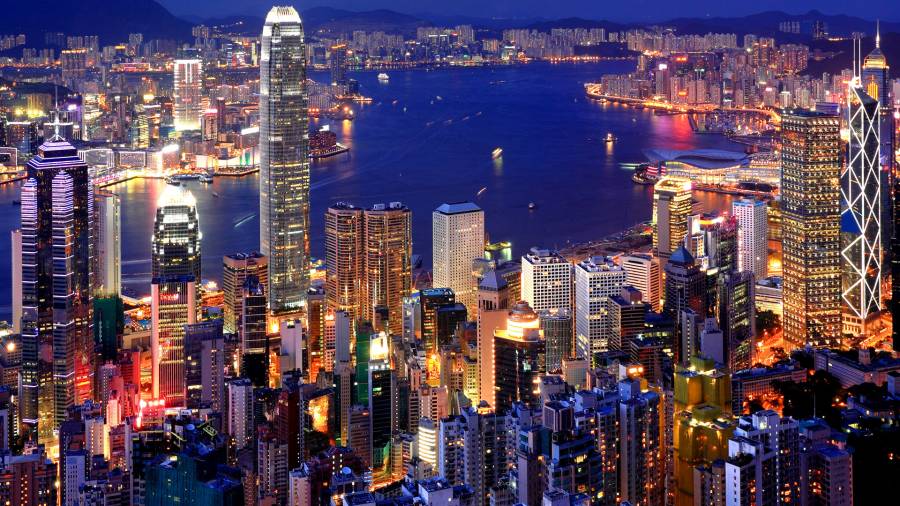
Hong Kong’s ecosystem is one of the top financial technology hubs in the world. With over a hundred fintech ventures and more than 35 investors and accelerator programs, Hong Kong’s fintech ecosystem is growing at a fast pace. According to PwC, 82% of Hong Kong banks and other financial institutions are looking to go into some form of partnership with a fintech business in the next three to five years, so this city is taking a collaborative approach. Hong Kong can act as a landing pad for fintech startups eyeing regional opportunities notably in Mainland China.
The Hong Kong Monetary Authority (HKMA) has been very supportive of fintech, leading several initiatives to boost development and growth.
Hong Kong has a fast growing tech startup ecosystems with great potential for acceleration due to its unique strengths. Its world-class financial industry and its prime location next to the hardware manufacturing cluster of the Pearl River Delta provide the city with strategic opportunities, as FinTech and IoT have become key growth areas of the tech sector.
Multifaceted Hong Kong nails in every single area. The high investment in innovation, research and development makes this Chinese high-tech exports total of $243 billion, representing 51% of the total exported goods.
Key entities: Invest HK, Whub, HKTDC, Cyberport and Hong Kong Science and Technology Park.
- Berlin, Germany

Berlin’s ability to open its doors to international founders and talent is due to its affordable living options, sympathetic visa regulations and unique culture.
Berlin’s significant growth is in areas such as FinTech, Digital Health, Artificial Intelligence, Mobility, Food Technology and Cyber-Security. Here are some curiosities about the German capital:
- Berlin raised $1 billion in funds in 2016;
- The city attracts 11% of startups from outside the country. The European average is 2%;
- Berlin ecosystem is valued at $31 billion; The global average is $4.1 billion;
- Software engineers in Berlin have an average salary of $55,000. The global average is $49,000;
- The capital has a high visa success rate: 77%.The global average is 41%.
Berlin has a strong startup culture and one of the highest rates of venture capital investment in Europe. The competitive city is also Europe’s center of automobile industry and the only city in the world where major automotive brands are represented.
- Shenzhen, China
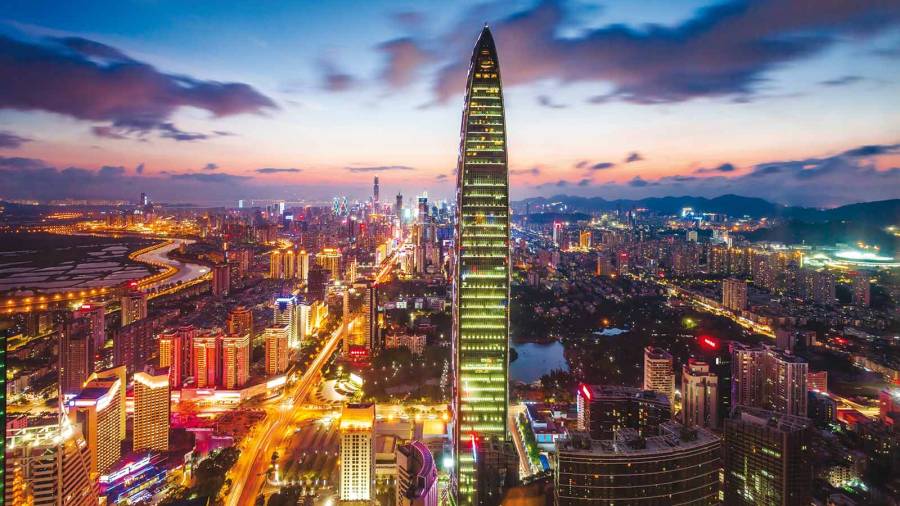
If you think about China 30 years ago, it was a country which fishing was the main economic activity. Nowadays, the growth is impressive: China is one of the main advanced technology countries in the world and is the dream to every tech company.
Shenzhen is already reputed to be a tech capital in China, turning itself into the world capital for makers with a virtuous ecosystem not only of factories, but also for makers and entrepreneurs for China and the world.
The city is home to Tencent, a Chinese giant tech software and social media company that created WeChat (WeChat has more than 963 million subscribers).
To reflect Shenzhen new capabilities, the city created the label “Innovative with China” trying to erase the “Made in China” label.
With a population boom reaching 11 million, Shenzhen has grown as hub for factories and robotics, attracting companies in the telecom and electronics areas.
- Bangalore, India
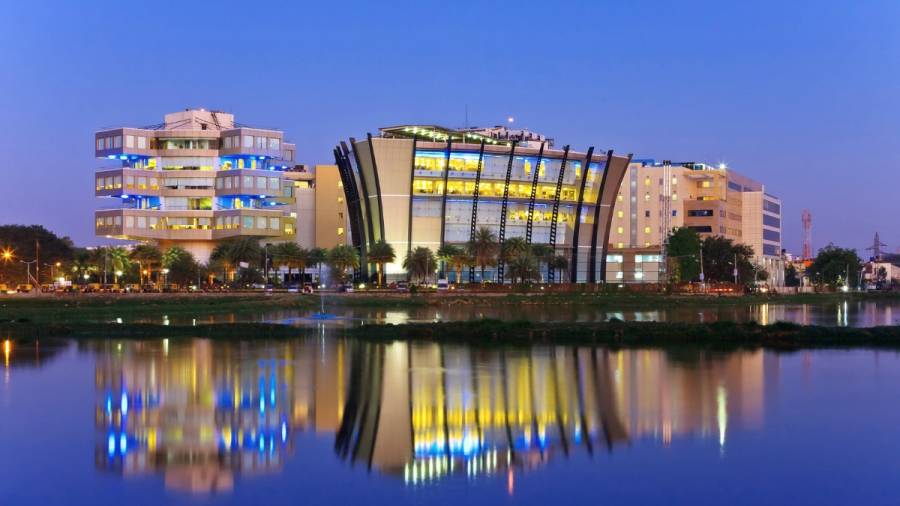
The Startup Genome report points out that Bangalore is India’s technology epicentre, with a GDP rounding $45 billion. Its startup ecosystem is valued at $19 billion.
Meanwhile, Bangalore’s engineers are the most cost-efficient. That means employees are the least paid amongst the global top 25. Almost 45% of Bangalore’s startup founders have at least two years of prior work experience in a startup, positioning Bengalore’s ecosystem in third place, right after Silicon Valley (49%) and Tel Aviv (55%).
Bangalore did what no city has ever done before with a really fast growth, compared to 2016 where it occupied the 49th place in the ranking. This is due an influx of IT companies and the city’s enormous population: Half of india is under 25 years old and a big part of them are entering the tech area, contributing to an exponential growth.
- Montreal, Canada

In 2015, venture capital funds invested over $2.3 billion in 536 transactions which represents a significant growth in transactions. Meanwhile, total funds invested are also growing, but at a slower pace.
The Montreal startup ecosystem benefits not only from backing investors and project funders, but also from a diverse network of supportive resources, including open access tools, networking events, demonstration and development opportunities, corporate collaborations, governmental and para-governmental organizations and NPOs.
Here’s a list of Montreal startup ecosystem in numbers:
- Montreal has 1.800 to 2.600 startups;
- 4.000 to 6.000 of startup founders;
- Around 8.000 employees;
- Approximately 10.500 people involved in Montreal startup ecosystem.
Besides Montreal having a strong startup culture, the city is home for designers and programmers. VR companies such as Vrana, Hexoskin and OMSignal are based in this Canadian city.
- Shanghai, China
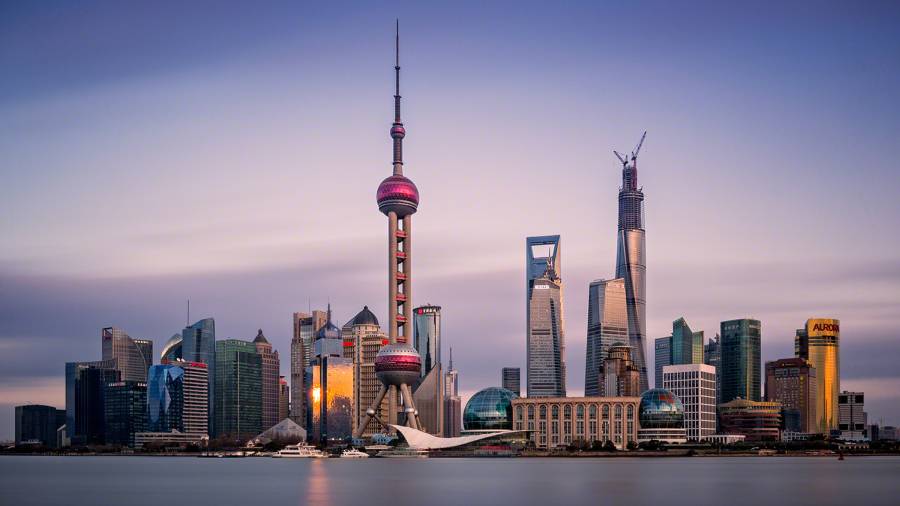
The number of incubators, accelerators and co-working spaces in Shanghai has grown rapidly from fewer than 40 in 2014, to 60 by mid-2015. Nowadays, there are over 500 entities in Shanghai that can be classified as incubators, accelerators or co-working spaces.
Incubators and accelerators associated with a global brand are able to give credibility to Shanghai startup ecosystem. They can also help to attract overseas talent and provide support to the startup when it comes to internationalization.
Zhangjiang Hi-Tech Park is the closest Shanghai has to Silicon Valley, housing more than 100.000 workers in thousand of tech companies. Shanghai, as many other Chinese cities, is expert in patents and venture capital.
- Beijing, China
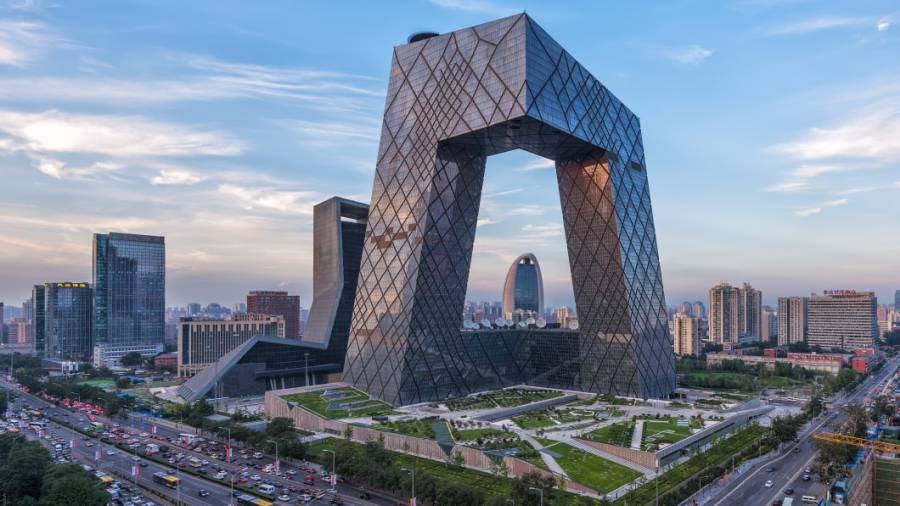
Chinese startups grow faster than the American ones. This happens because there is a huge competition among entrepreneurs led by the fast consumer adoption rate. It dictates the pace of development and sets high goals for entrepreneurs and employees.
The rise of smartphone users makes China a big producer of mobile apps and that’s one of the reasons why Chinese startups develop much faster the American ones. The big ones are built in 3-5 years, while in the US, it takes about 5-8 years.
The high and fast amount of work impacts employee’s lives: Chinese startups work long hours which often entail 12 hour work days and 6 day weeks. In their culture it’s usually called the 9/9/6 (9 am to 9 pm, 6 days per week), proving their huge dedication to work.
Although Beijing does not have a strong startup culture as other high-tech cities, the city is well known for its high use of smartphones and number of patents filed per capita. Compared to 2016 rankings, Beijing had a huge growth, climbing 15 spots.
- Amsterdam, Netherlands
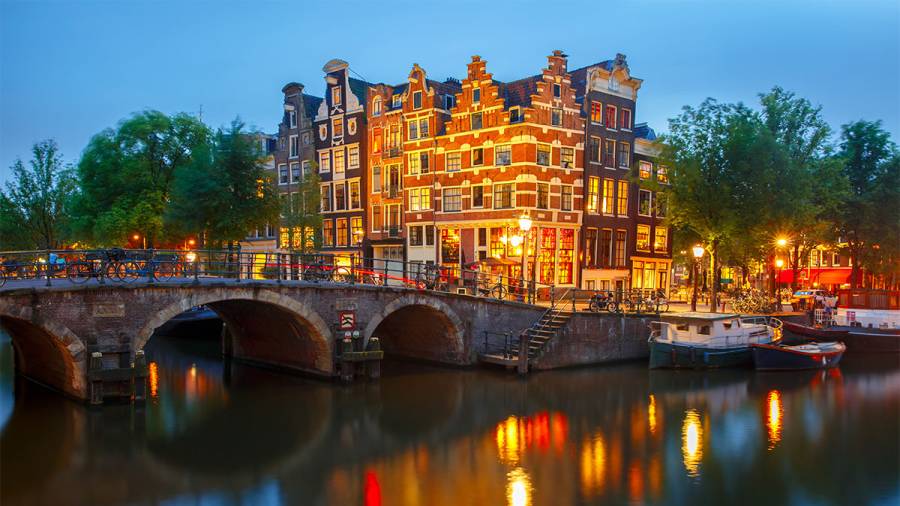
Amsterdam, the city that created Python and Bluetooth is now considered by many a hotbed for startups.
Amsterdam has always been a hub for tech in a global scale and is home to over 578 international companies, 170 of which chose the Dutch capital for their headquarters. The city is ranked 4th in app invention and development and it’s the gateway to Europe.
The high calibre for technology companies in Amsterdam speaks for itself: many Silicon Valley companies have set up store in the city, such as Google, Uber, TomTom, Booking.com, WeTransfer and many more. Amsterdam is definitely a city to watch.
Although being a small city, Amsterdam’s combination of financial tech, energy efficiency and big startup culture, make it a powerhouse in Europe. In April, the city announced it wants to ban gas and diesel cars by 2025, replacing them for electric vehicles.
- Vancouver, Canada
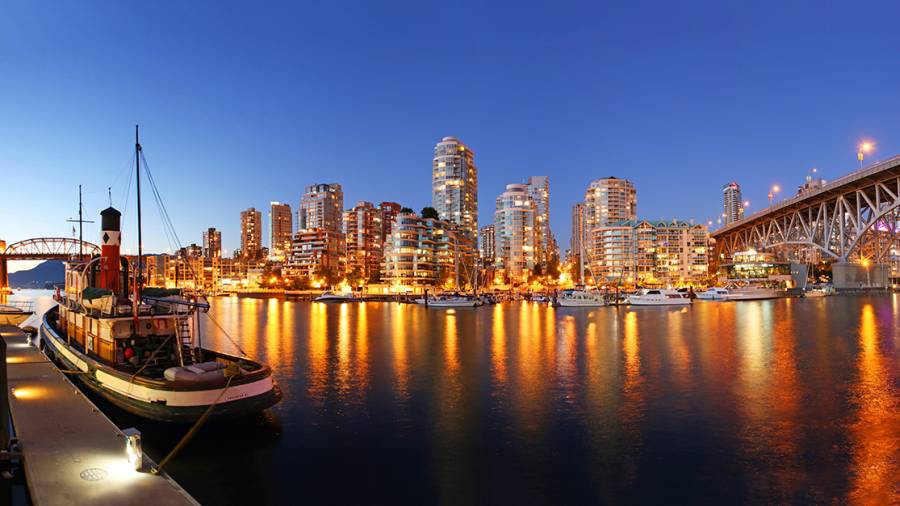
Vancouver has been named as one of the top worldwide cities for livability and quality of life for several years. Meanwhile, it has been escalating the ranks as a global startup hub. Vancouver has more startups per capita than any other Canadian city.
The Saltwater city has a unique combination of a strong industrial foundation, entreprise data and cloud underpinnings, having over half of its residents whose English is their first language. Vancouver also has the highest concentration of VFX and animation studios with two of the top 6 video game franchises.
Although Vancouver is one of the cities with fewer number of startups, their valuations are highly competitive and it’s been considered a stable ecosystem throughout the years.
Vancouver has more than 600 digital media companies that generate more than $2 billion in revenue, and was called by CBC “Silicon Valley North” in 2014. Tech-focused universities and low corporate taxes have made the city very attractive not only for engineers, but for executives as well.
- Stockholm, Sweden
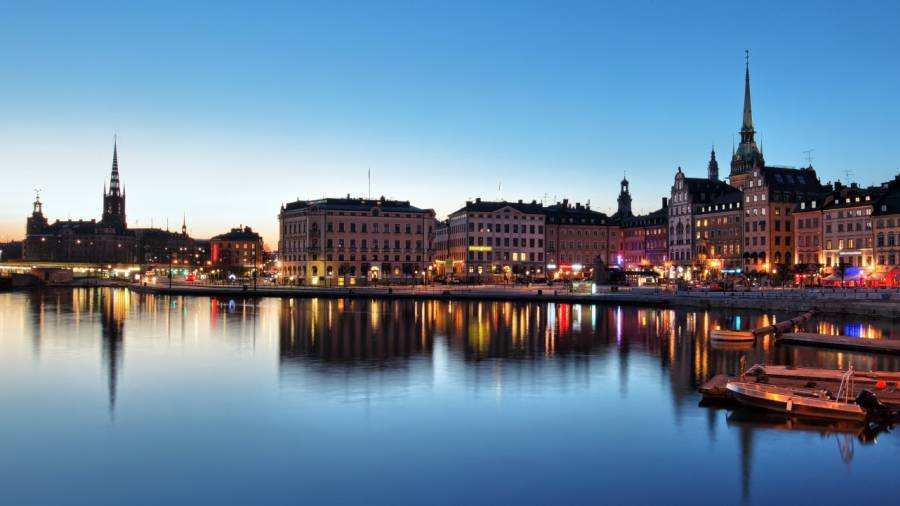
Stockholm earned this position through its fast grow. In 2016, technology companies raised $ 1.5 billion dollars, an increase of over 50% since 2015. With more than 20.000 startups, Stockholm is considered one of the leading cities in the world.
Sweden’s capital is the 2nd most prolific tech hub in the world on a per capita basis, having more billion-dollar tech companies per capita than any other city, except San Francisco.
2016 was also the year where FinTech was the leading tech sector in Sweden, followed by e-commerce and health & fitness, turning the city in one of the hottest tech hubs in the world.
Stockholm is committed to go cash-free and oil-free within the next five years, embracing digital and environmental changes. The most valuable startups are located in this European city, being an attraction for programmers.
- Tokyo, Japan
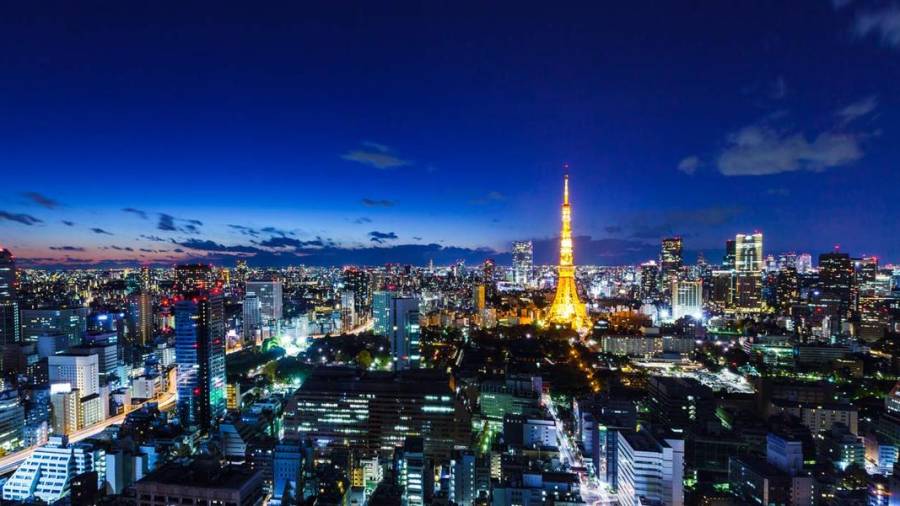
The largest city in the world with over 2.3 billion people needs to have an impressive infrastructure, particularly in transportation, for its users. Tokyo is home of a several number tech giants and is already preparing for the 2020 Olympic Games.
The Japanese startup scene is growing very fast, with many expecting it to play a massive role in rejuvenating the economy. However, the startup sector’s expansion is facing a challenge: most aspects in the Japanese startup environment are rigid when it comes to a fast change and development will have to emerge deeper, from a shift in entrepreneurial culture.
With the increasing support to guide Tokyo’s startup scene development, the city has huge potential. More businessmen are taking chances on themselves and thriving under the pressure, a characteristic that is intricate in the Japanese culture.
- Dallas-Fort Worth, USA
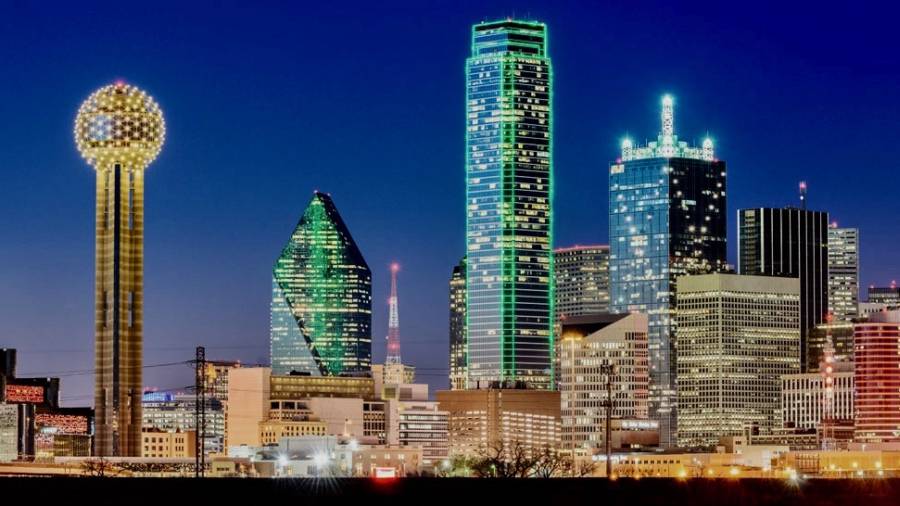
Dallas is surrounded by B2B and B2C businesses, a growing talent pool due to business relocations, code programs, colleges and universities. Dallas is an attractive location for entrepreneurs due to its less expensive cost of living.
In 2016, the Texan city had over 20 Fortune 500 companies which makes it a great local market for almost any startup.
In Dallas, it takes a community to be successful. From accelerators and incubators to coworking spaces and larger corporations that support entrepreneurs, collaboration plays a huge role in the success of new businesses in Dallas and beyond.
Dallas has managed to establish itself as a startup hub within the last couple of years. In the study, the Texas city has climbed from the 28th place in 2016 ranking because of its rapid growth in venture capitalists’ number and integration of technology into the city landscape.
- Chicago, USA
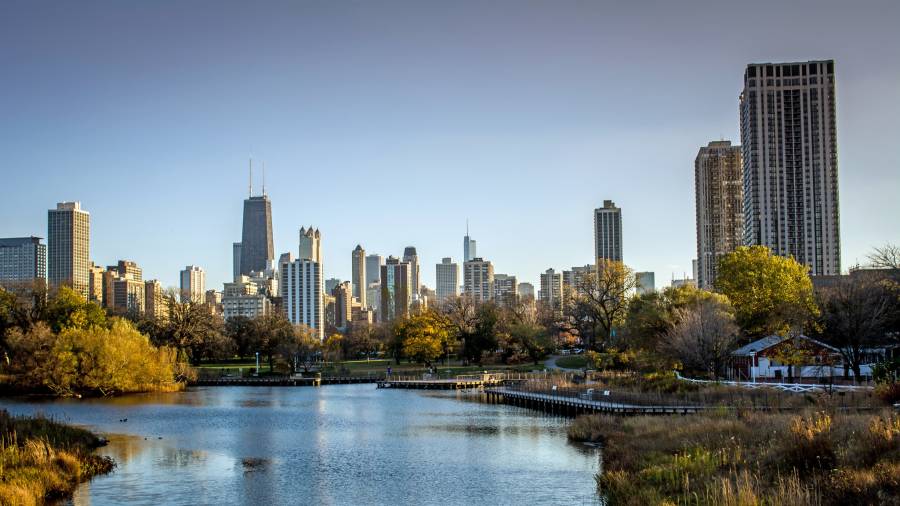
Chicago is home to a top ranked New Venture Challenge accelerator that contributes to the city’s recognition as a Unicorn hotspot.
In order to catapult to a global scale, Chicago startup boards has to attract top level venture capitalists to allow local startups to take advantage of their networking opportunities and talent scouting capabilities.
Chicago’s ecosystem value rounds $13 billion, with a startup output between 2.300 and 2.900. It’s growth index is 3.9, turning Chicago into a city to look up to.
Brookings Institute also sees Chicago as a hotbed for urban planning innovation, driven in great part by City Digital, a project made to solve problems related to energy transfer and transportation.
- Toronto, Canada
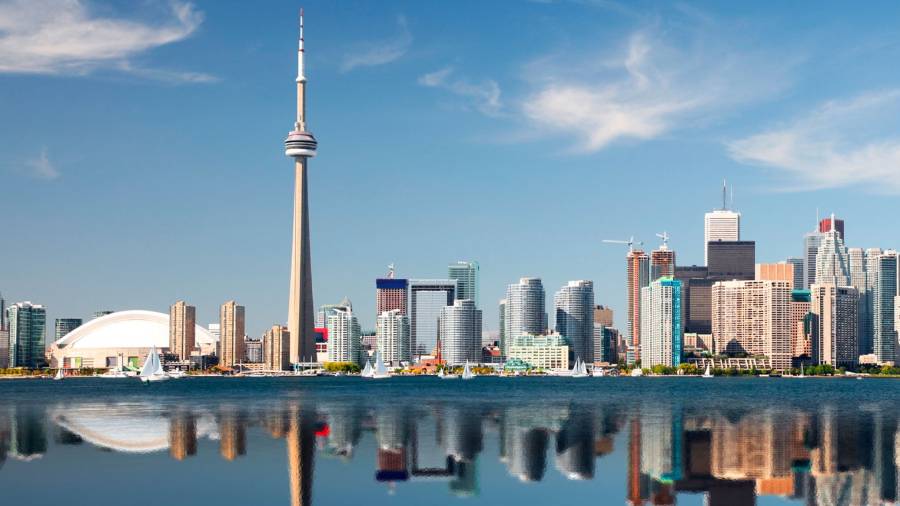
Toronto’s technology ecosystem is a breeding ground for startups and innovative technology. It’s considered by many companies a place to foster the next wave of technology to move society forward.
More than 400.000 people are employed in the tech sector in Toronto and the number is still rising. Because of that the city is more supportive of its tech talent.
Toronto has been offering incubators, accelerators and access to tech community resulting in a growing startup ecosystem that now contains between 2.500 and 4.100 active tech startups, according to a 2016 report. Also, Toronto has the strongest startup ecosystem in Canada.
Toronto is home to 30% of Canada’s IT firms, with startups and innovative infrastructures rising. This means that a crop of young companies will have a great impact over the next decade. Globally, the city’s yearly revenue is approximately $52 billion.
- Singapore
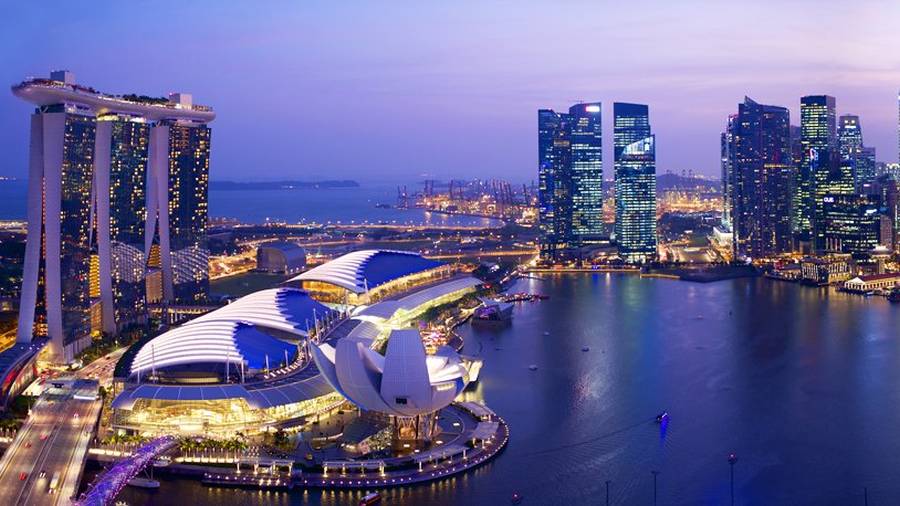
Singapore is growing rapidly with 220 funding deals in 2015. This number was up from only 26 in 2010. The funding deals reached $1.16 billion in 2015. Nowadays, Singapore’s startup ecosystem is valued $11 billion, compared to a global median of $4.1 billion.
Between 2005 and 2013 the number of startups grown exponentially from 24.000 to 42.000. Approximately 5.200 of them were tech startups.
Singapore’s startup community is rising to the expectations: it takes about 20 years for a startup community develop in a city and this city’s government funding policies began in the 1990s. It has also one of the youngest startup founders with a median age of 28 years. The global median is 40 years old.
Singapore provides a lot of support for female entrepreneurs being considered one of the best countries in the world for female entrepreneurs by The Mastercard Index of Women Entrepreneurs.
Singapore refuses to stop, rising in infrastructure and high-tech areas along with a high number of programmers and venture capitalists. It has partnered with MIT to build smarter transportation that relies less on private cars and more on public trains.
- Boston, USA
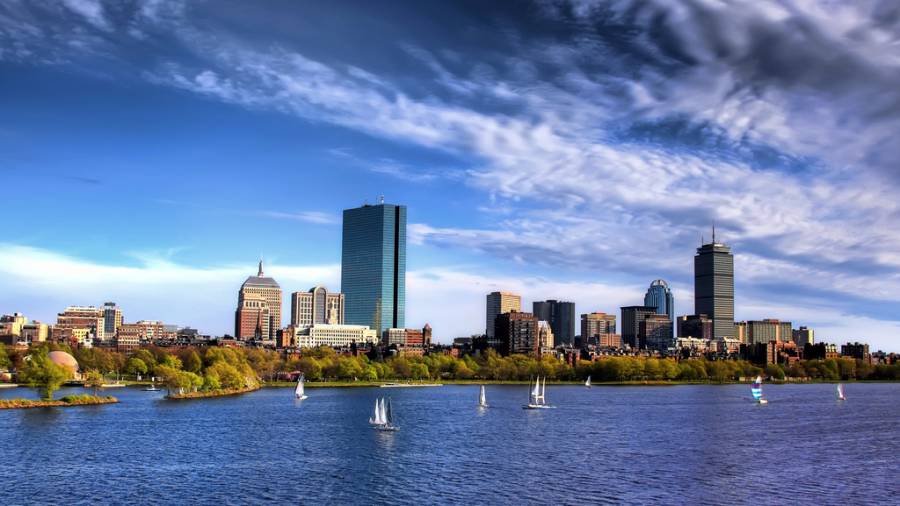
The Boston startup ecosystem has been gaining weight over the past five years, increasing its diversity.
In 2015, Boston had a total ecosystem value of $46 billion and about 4.000 active startups. The startup scene began with the introduction of the Northeastern University’s student accelerator IDEA, Harvard Innovation Lab, and Rough Draft Ventures (a mini-VC fund run my students).
The city government has also made an effort to attract both startup activity and create an ecosystem for it to be successful in the seaport district. Boston is still a well-funded market, with over $1 billion in VC investment in Q4 of 2015 alone and fundraising for VC funds running into the hundreds of millions of dollars.
Boston has been giving the world a great number of exciting technologies over the last years, such as MIT, Harvard or Tufts. Many of them are in biotech and robotic areas.
The city is home for venture capital firms such as Battery Ventures, Atlas Ventures, and many more that invest their income into labs and university startups. Well-known companies such as Amazon and Facebook have set up R&D offices in the American city.
- Taipei, Taiwan
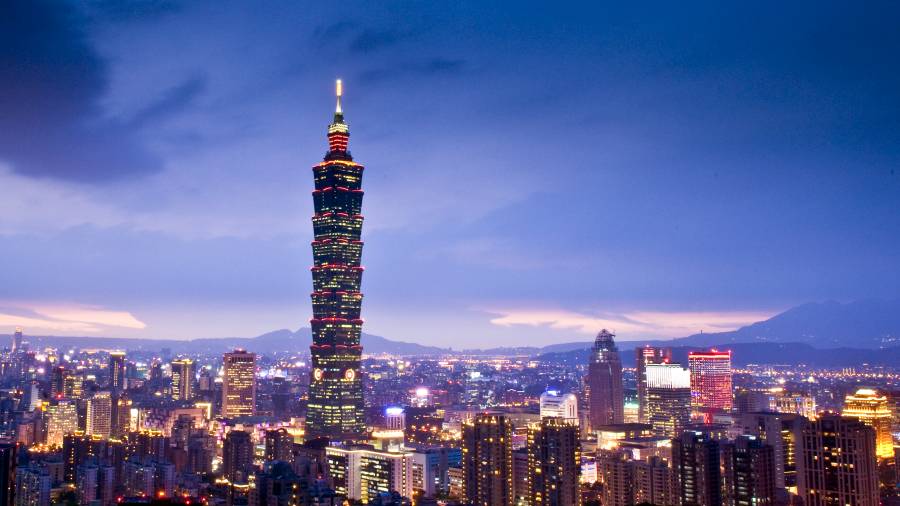
In the past few years, Taiwan government has been playing an important role by sponsoring and supporting entrepreneurs.
Taipei has been one of the main cities where high-tech parks/hubs are created. Government’s initiatives and programs have helped startups go international. Taiwan government is committed to ease the startup process, investing $400 million in this area, turning Taiwan more startup-friendly.
With a total population of 24 million, startups often think about growing abroad, but Taiwan still makes a good test market because of its high smartphone use rate and users’ willingness to be early adopters of apps and online services.
According to the study, Taipei is leader in the industrial design field. The city prefers to invest in hardware rather than software, being home for big PC companies such as Asus, MSI, Gigabyte and Acer.
- Seoul, South Korea
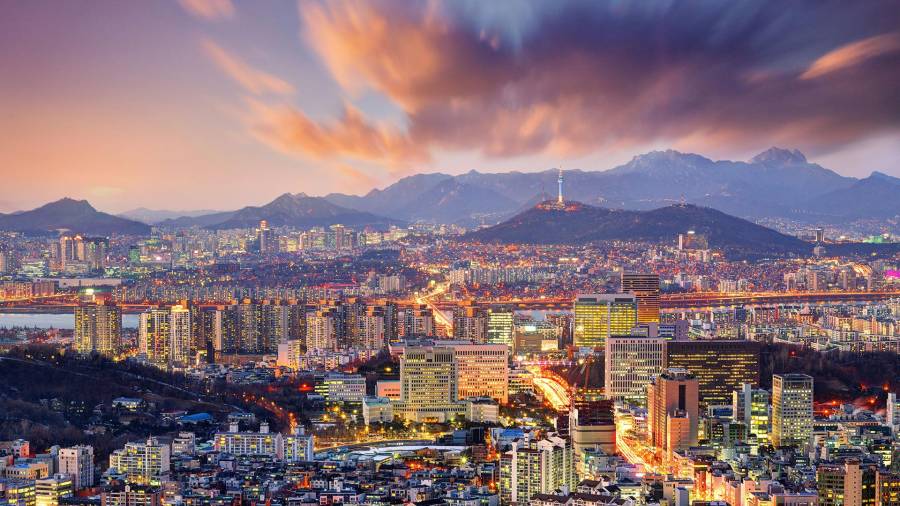
Seoul is attracting business people from Asia and beyond. Being at the top 15 global economy, Korea is a wealthy market where every entrepreneur wants to invest. Seoul is becoming more and more cosmopolitan as executives from multinational corporations and foreign entrepreneurs are building strategic partnerships.
Foreign investment in Korean business increased 13,4% in 2015 and the number of foreign students is also rising rapidly.
Seoul city government also wants to attract globally minded entrepreneurs, creating Seoul Global Startup Center to directly support those who want to create a startup or expand to Seoul.
The city of the future, as known as Seoul, has innovation merged into its design. According to the research, Seoul files more patents than any other city in the world. Is has technology that we all know such as LTE (beamed to our smartphones) and virtual stores where you can scan pictures of products to be delivered later.
- Los Angeles, USA
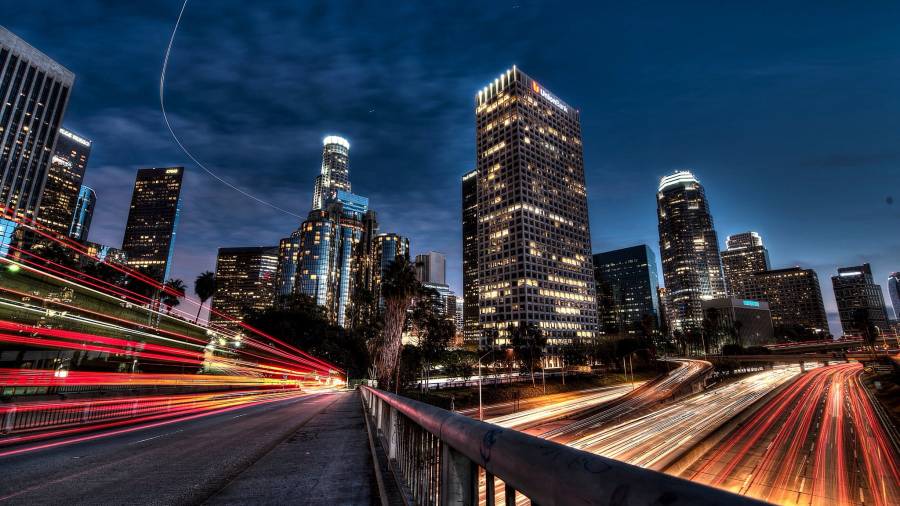
LA is the 3rd largest startup ecosystem in the US, just behind San Francisco and New York.
This is the region where more engineering students graduate and from 2012 to 2015 startups grew 200%, reaching over $3 billion in invested capital.
The City of Angels has also been known for its agricultural innovation and environmental protection and is home for its creative solutions to food security.
LA is primed for its innovation in e-commerce, supported by a local population of trendsetters being anchored by companies such as Dollar Shave Club and Honest Company.
Hollywood’s home has become the center for the next wave of content experiences in the AR/VR area. AR/VR can also grow in education and industry sectors. The city that created Snapchat, Hulu and Maker Studios is a rich environment for new content and connection businesses.
A 2014 report by LA County Economic Development Corporation suggested that the city had more high-tech sector jobs than any other city in the US. This study came to the same conclusion: startups and venture capital play a major role in Los Angeles tech sector growth.
- London, England
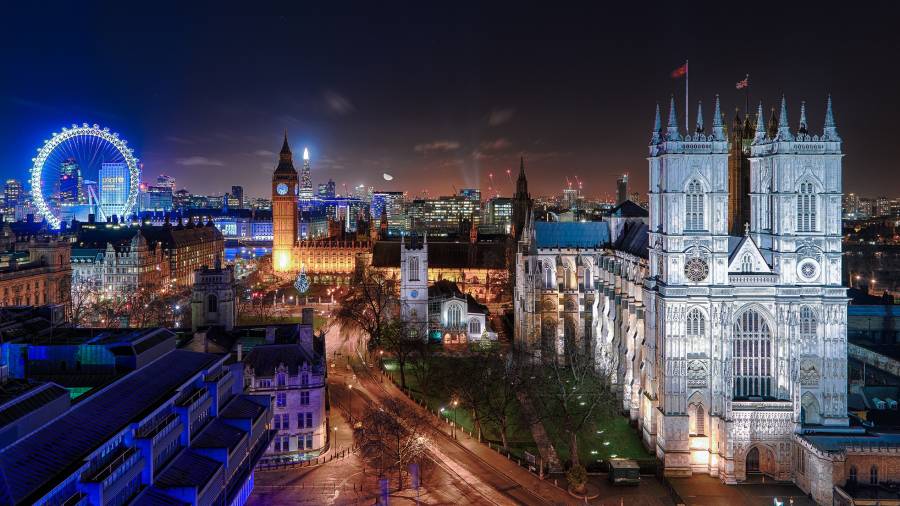
Historically, London has been one of the main cultural and business hubs in the world. Making it an exceptional place for a startup at any stage of development.
London startup ecosystem is growing faster than any ecosystem in the US and the biggest in Europe. The city also has the most diversified startup ecosystem in the world with an exceptional market reach, where you can find the most affluent clients and investors. In 2015, active startups grew from 3.200 to 5.400 and were valued $44 billion.
Great funding and government initiatives provide startups an easy access to affluent consumers and powerful corporations. As a global financial centre, London is able to pay its workers more. Seed and Series A investments are 17% and 26% higher than European average.
London plans to have 10 new trail lines by 2018, having the largest construction project in Europe and is estimated to have more IT jobs than California itself. Some studies find there will be 11.000 new tech jobs within the next decade.
- New York, USA
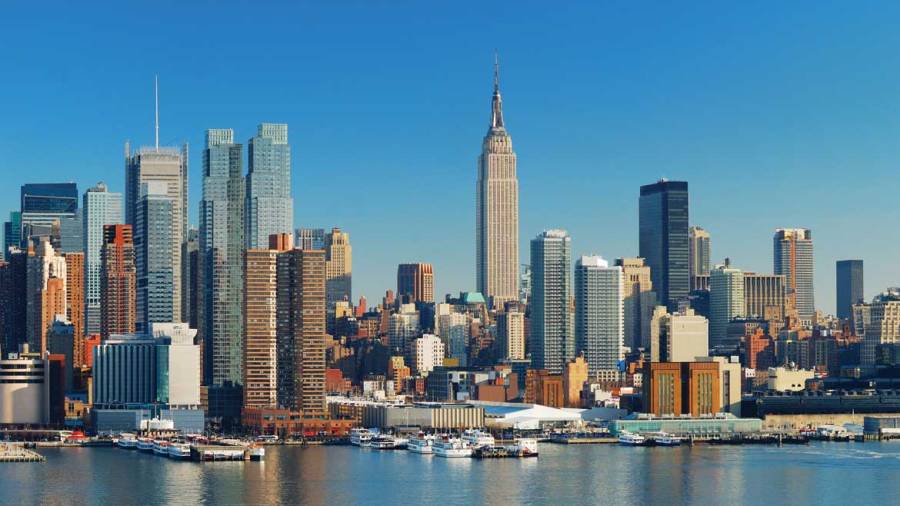
The Concrete Jungle was ranked number 2 in the Top 20 Global Startup Ecosystem by Startup Genome. New York city is now the second largest startup ecosystem in the world, having up to 7.800 active startups in the marketplace. It is also the 3rd most valuable city, with an estimated worth of 71 billion dollars.
The NYC ecosystem also outperformed the global average in a number of key areas, such as average salaries, number of female and immigrant founders, and employee experience.
In terms of technology, the city where IBM was born is both extremely dated in its infrastructure and unbelievably progressive at the same time. According to the state comptroller’s office, approximately 7.000 high-tech companies in The Big Apple City provided more than 100.000 jobs during the 3rd quarter of 2013.
- San Francisco, USA
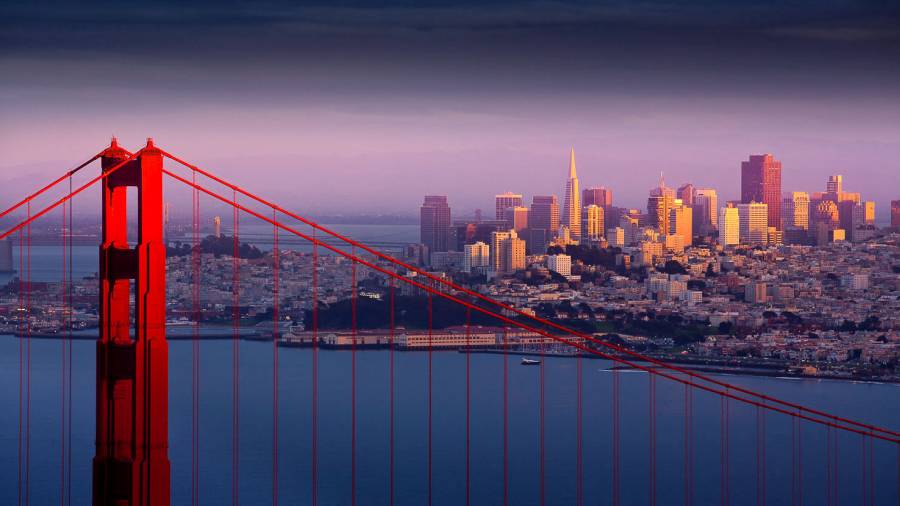
Silicon Valley and the San Francisco Bay Area have long been the world leaders in high-tech startups, giving rise to cutting-edge companies from Apple, Intel, Google, Facebook, Twitter and many more. For years the Bay Area has been considered one of the most prolific and innovative startup ecosystems in the world. With new companies growing up at a fast pace and innovative technologies coming out of the California even faster, San Francisco and its surrounding areas have made starting up look easy.
San Francisco is home to Silicon Valley, the gold standard for tech and that’s why the city earns the #1 spot. From its massive startup culture to its venture capital scene to its population of designers and programmers, Silicon Valley wins in every sector.


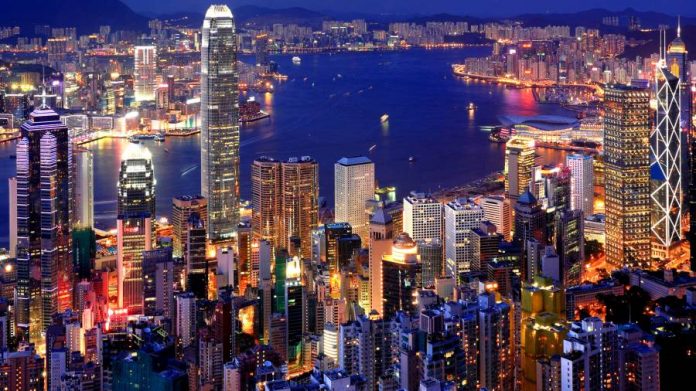


![How to be sucessful in 2018 – My Short List [Opinion]](https://www.asiastart.com/wp-content/uploads/2018/02/2018-focus-218x150.jpg)



![How to be sucessful in 2018 – My Short List [Opinion]](https://www.asiastart.com/wp-content/uploads/2018/02/2018-focus-150x150.jpg)



